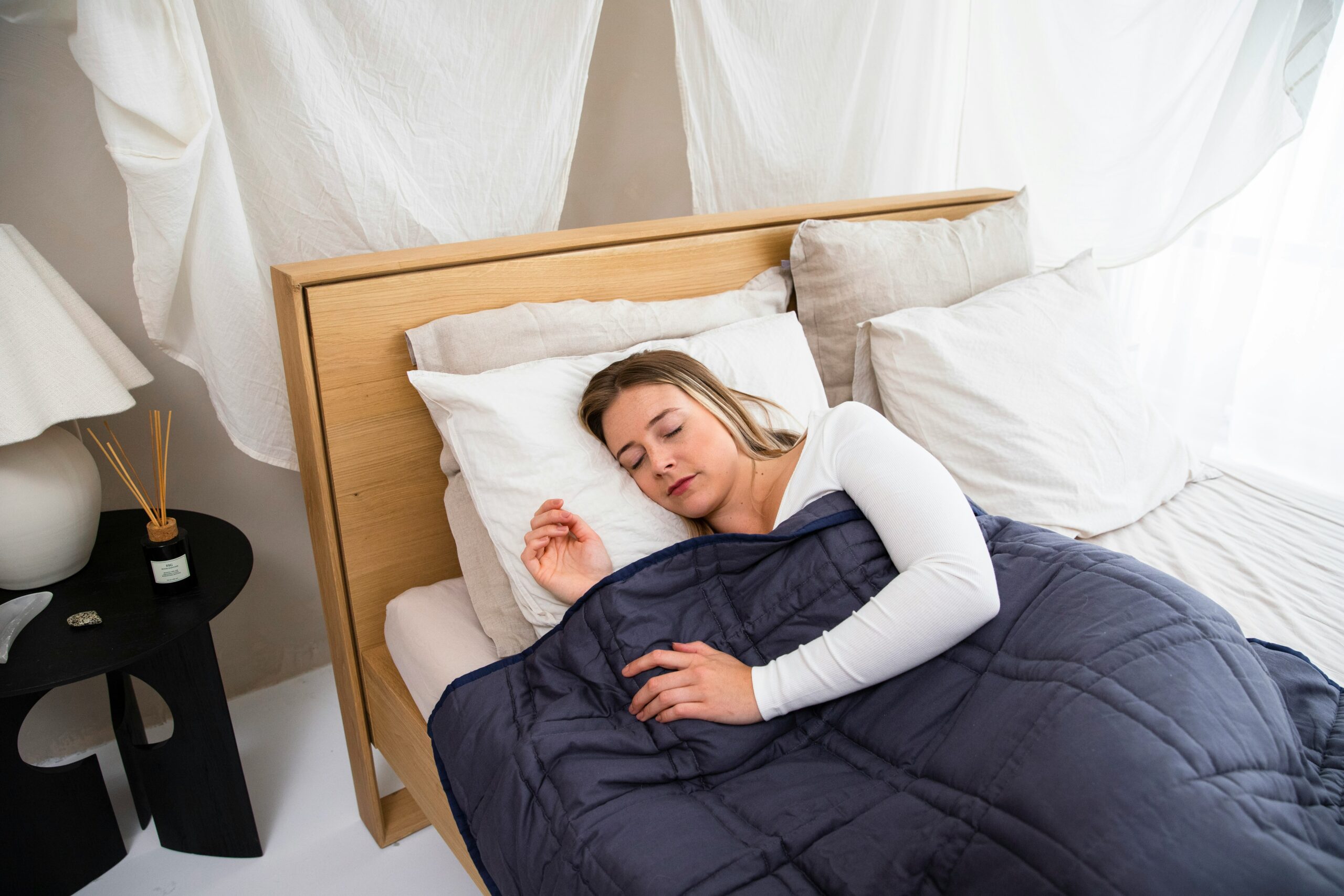Understanding Self-Care
Self-care is a fundamental practice that encompasses intentional actions aimed at enhancing one’s overall well-being. It involves a conscious effort to nurture not only physical health but also emotional, social, and spiritual aspects of life. The importance of self-care cannot be overstated, as it plays a crucial role in maintaining a balanced and fulfilling lifestyle. By prioritizing self-care, individuals can better manage stress, improve mental clarity, and foster resilience in challenging situations.
Self-care can be categorized into various types, each contributing uniquely to personal well-being. Emotional self-care involves recognizing and processing feelings, allowing individuals to express themselves healthily. This may include practices like journaling, therapy, or simply taking time to reflect on one’s emotions. Physical self-care focuses on maintaining the body through exercise, proper nutrition, and adequate rest. Engaging in regular physical activity and making nutritious choices can significantly impact energy levels and overall health.
Social self-care highlights the importance of nurturing relationships and community ties. Building meaningful connections and maintaining a support system are essential for reducing feelings of isolation and promoting emotional stability. Social activities, whether they involve spending time with family or engaging in group hobbies, provide a sense of belonging that is vital for mental health. Lastly, spiritual self-care addresses the search for purpose and meaning in life. This may involve practices like meditation, mindfulness, or participating in religious or spiritual communities.
Neglecting self-care can lead to emotional exhaustion, increased stress levels, and a decline in physical health. Conversely, incorporating self-care into daily routines offers numerous benefits, from enhanced mood and productivity to improved relationships and a deeper understanding of oneself. Therefore, recognizing and valuing self-care is crucial in fostering a healthier, more balanced life.
Identifying Your Needs
Understanding your personal mental and physical health needs is a crucial step in prioritizing self-care. Self-reflection serves as an essential tool in this process, allowing you to gauge your feelings, stressors, and overall well-being. Setting aside time each week to engage in mindful introspection can provide clarity on areas in your life that require attention. Consider asking yourself questions such as, “What situations bring me joy?” or “What aspects of my day cause me stress?” These inquiries can guide you toward recognizing patterns that merit deeper examination.
Maintaining a journal can enhance your self-reflection efforts. Documenting your thoughts and feelings allows you to identify recurring themes or stressors in your life. It is helpful to record not only the negative experiences but also moments of happiness and contentment. This balanced approach can facilitate a more comprehensive understanding of your emotional landscape. Over time, patterns may emerge that highlight the activities and situations that contribute to your well-being or discomfort, leading to valuable insights about your unique self-care requirements.
In addition to personal reflection, seeking feedback from trusted friends, family, or professionals can provide an external perspective on your mental and physical health. Engaging in open conversations may unveil observations you had not considered and offer support in areas where you feel vulnerable. These dialogues can also reinforce your understanding of how your environment and relationships impact your mood and stress levels.
Recognizing the signs that indicate the need for self-care is vital. Indicators can range from physical symptoms, such as fatigue or headaches, to emotional signals, including irritability or anxiety. By being aware of these signs, you can proactively develop a personalized self-care plan that addresses your distinctive needs. Tailoring your self-care strategies to suit your individual requirements will empower you to cultivate a healthier and more balanced life.
Incorporating Self-Care into Your Routine
Integrating self-care into your daily life is essential for maintaining both mental and physical health. By prioritizing self-care, individuals can alleviate stress and enhance their overall well-being. One effective strategy is to manage time efficiently, allowing for dedicated moments aimed at self-care. A well-structured schedule can create space for these essential activities, transforming them from optional tasks into prioritized commitments.
To begin, consider developing a daily routine that includes specific time blocks for self-care activities. Morning rituals can involve stretching or brief exercise, while evenings might be reserved for activities like reading or meditation. Whether it’s a short walk, a yoga session, or journaling, identifying a few preferred self-care activities can make a significant difference in one’s daily routine. Consistency is key; by integrating these practices regularly, individuals can experience the positive effects of self-care more profoundly.
Establishing boundaries is crucial in protecting personal time. Communicating with colleagues or family about your need for self-care can help minimize interruptions during these dedicated periods. For instance, setting ‘do not disturb’ hours when you focus solely on yourself can reinforce commitment to these practices. Additionally, using reminders or apps can provide regular prompts to engage in self-care, thus cultivating more accountability.
When faced with a busy schedule, it is important to introduce self-care gradually. Start with short ten-minute practices and build from there, aiming for a seamless incorporation into your routine without feelings of overwhelm. Over time, as you become more accustomed to these habits, increase their frequency and duration. Ultimately, incorporating self-care into your daily routine not only enhances resilience against stressors but also fosters a healthier lifestyle overall.
Overcoming Barriers to Self-Care
Many individuals encounter various barriers that hinder their engagement in self-care practices. Guilt is a predominant emotion that often surfaces when individuals consider taking time for themselves. They may feel selfish or undeserving of such moments, especially if they perceive their responsibilities—whether related to family, work, or other commitments—as more important. This perception needs to be challenged; self-care is not indulgent but essential for sustained productivity and well-being.
Another significant barrier is the commonly cited lack of time. In today’s fast-paced world, prioritizing self-care can seem impractical amidst busy schedules. However, this mentality overlooks the reality that self-care should be viewed as a necessary component of daily life rather than an additional task. Simple activities such as taking short breaks, engaging in mindful breathing, or setting aside a few minutes for a leisure activity can significantly enhance mental health and physical well-being without consuming large amounts of time.
Societal expectations can further complicate the pursuit of self-care. Many individuals feel pressured to adhere to standards that value constant productivity and self-sacrifice. These norms often lead to neglecting personal health in favor of fulfilling external expectations. One effective strategy for overcoming this barrier is to seek support from peers who share similar values regarding self-care. By fostering a supportive community, individuals can validate one another’s choices and encourage a culture that prioritizes well-being.
Additionally, reframing negative thoughts surrounding self-care can create a more open and accepting mindset. Viewing self-care as a crucial investment in health can motivate individuals to break free from self-imposed restrictions. Understanding that prioritizing one’s health ultimately enhances performance and strengthens relationships is vital. By addressing these barriers, individuals can actively engage in self-care, leading to more balanced, fulfilling lives.

